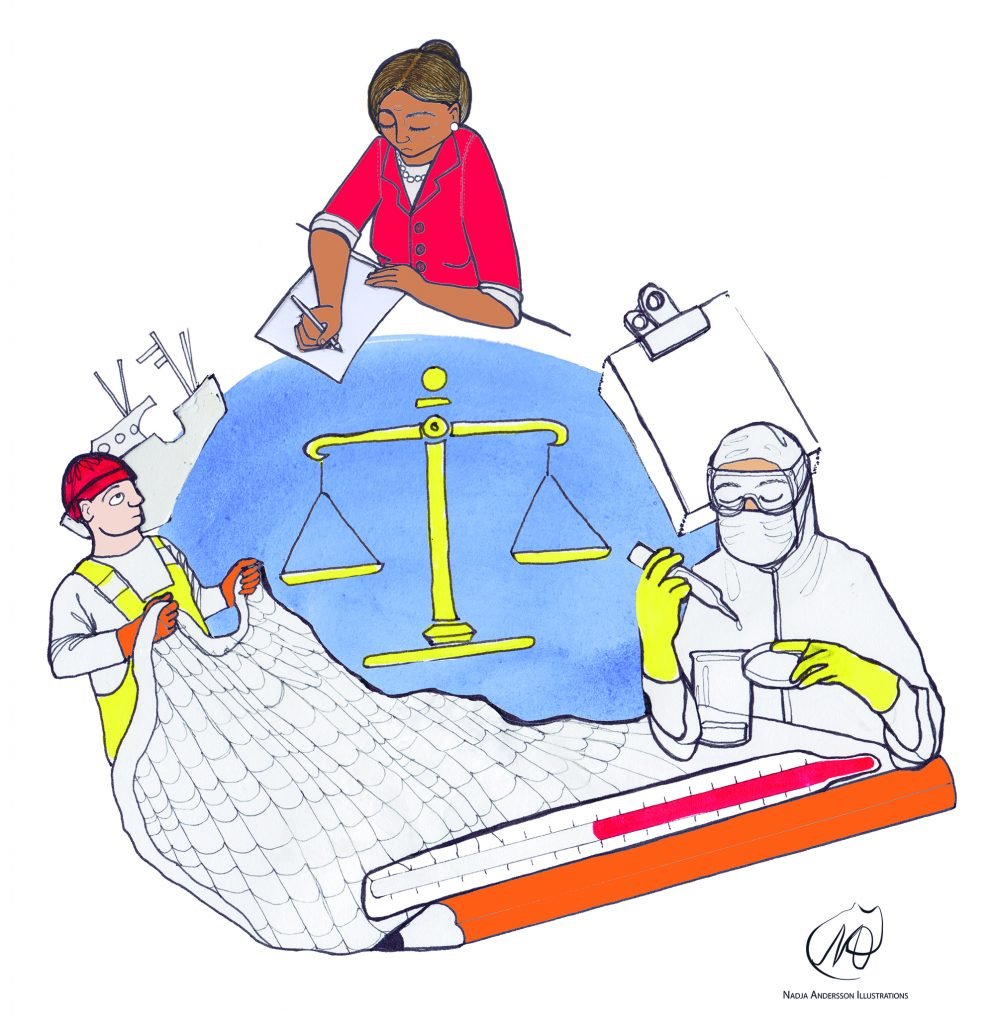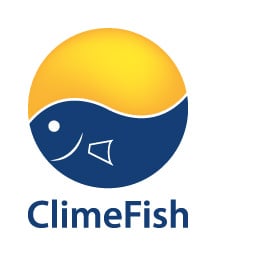How we work

Case studies
We have started the work in identifying the effects of climate changes on wild fish stocks and aquacultured species. But what do we really know about the fish stocks and climate changes in our waters? Do we know what will threaten aquaculture in the different regions of Europe? Which facts are available?
To find out, we are looking into geographical and biological boundaries, fisheries and aquaculture, existing management procedures and objectives, relevant authorities, operators and other stakeholders, and link it to relevant literature and data.
Through this work we will define knowledge gaps and develop description of the defined case studies in European fisheries, aquaculture and freshwater seafood production. You can read more about the case studies here.
Biological forecast
The effect of future climate scenarios on the fisheries and aquaculture production and distribution will be simulated in different models and forecasted. The forecasts will concern the most important and less resilient exploitable species found in marine and freshwater systems across Europe.
We will make tentative projections of the overall fish production and distribution of the investigated species based on parameters relating to e.g. the relationship between water temperature and growth under the three climate change scenarios explored by ClimeFish.
We will use existing forecasting methods, and develop new ones, in order to forecast the effects of climate change and predict the fish production and distribution of the species chosen in the scenarios, and have these evaluated by stakeholders.
Risks and opportunities
We need to determine and assess critical risks and opportunities posed by climate change. Therefore, in close cooperation with stakeholders we will identify these risks and opportunities in the fisheries and aquaculture industries, and conduct socio-economic analyses of the impacst, including market values of affected ecosystem services. We will also develop an early warning methodology in the form of a traffic light system in order to ensure efficient adaptation in advance to the risks posed by climate change.
We will deliver good regulatory practice recommendations on how to address legal challenges associated with developing strategies for fisheries, aquaculture, and lake and pond production.
Management plans that include climate change issues will be produced for several cases. To ensure that such plans can be made for cases, regions and areas not covered by ClimeFish, we will develop strategy planning procedures – guidelines for making these types of management plans.
The guidelines will also be published as a European standard and made available through the European Climate Adaptation platform.
Scientists and stakeholders will work together from the beginning of the project to make sure experience-based knowledge is integrated in the various scientific analyses. That way we ensure that the knowledge we go by is scientifically acceptable, has policy relevance and has social robustness.
Through various workshops and events, stakeholders and scientists will contribute to the development of the ClimeFish Decision Support Framework. We will also produce a roadmap for implementing recommendations of the framework.
We will also train stakeholders ion developing climate-smart fisheries and aquaculture strategic planning.
Decision support
The results from the ClimeFish research will be available as decision support for stakeholders.
We will develop the ClimeFish Decision Support System (DSS) – a software that can simulate the effects of climate changes on fisheries and aquaculture production, as well as socio-economic indicators in maine and freshwater systems across Europe.
We will also make the ClimeFish Decision Support Framework (DSF) – a web-based toolbox to support seafood production in Europe under climate changes. The framework will include the DSS as well as maps, management guidelines and more tools created in the ClimeFish project.
